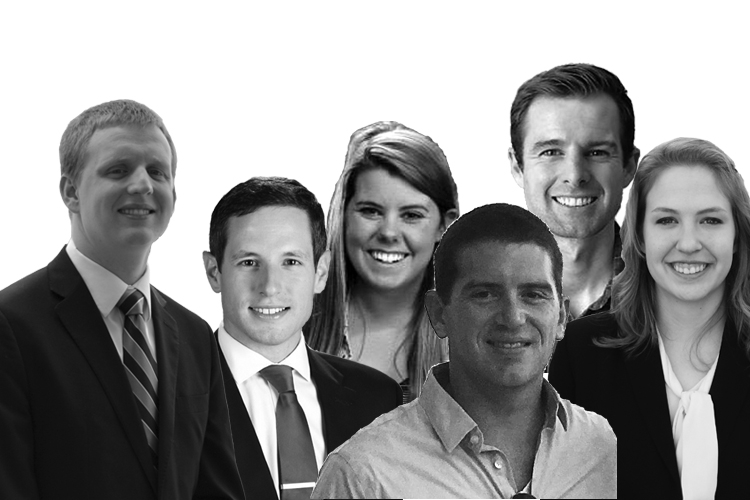
The Federal Highway Administration has awarded fellowships to six School of Civil and Environmental Engineering students focused on improving the nation’s transportation infrastructure and public health.
Officials expected to award just 100 of the competitive Dwight D. Eisenhower Transportation Fellowships nationwide. Of the School’s half-dozen winners, five are first-time recipients.
“It was pretty exciting to hear that so many Tech students received the award. We're fortunate that [the U.S. Department of Transportation] has this program that allows us to keep doing what we love to do,” said Ph.D. student David Ederer, who received his first Eisenhower fellowship. “Training the next generation of transportation professionals is critical in a rapidly changing field.”
Ederer’s background in public health has him focused on how to use the nation’s transportation system to make people healthier: “Transportation engineers are in a unique position to solve two major health problems: traffic crashes and obesity. There aren't many health interventions that solve two problems at once. It's an exciting time to be working on this stuff.”
Impacting lives also drives master’s student Lauren Gardner. She’s developing a new framework for managing pavement assets that incorporates social and environmental considerations along with economic ones.
“I am extremely excited to be able to focus more holistically on asset management and its affects socially and environmentally rather than just economically,” Gardner said. “Adding this breadth to my research will open the door for my future as a civil servant.”
This year’s other winners were dual civil engineering and city and regional planning master’s students Chelsea Dyess and Daniel Walls; David Boyer, who’s studying for a master’s in civil engineering and an MBA; and Ph.D. student Calvin Clark, who won his second Eisenhower fellowship. Read more about their work:
|
“I proposed to investigate the efficacy of different ways cities manage sidewalks and pedestrian infrastructure as transportation assets. “I believe a lot of the issues communities have with failing infrastructure result from poor management of existing assets and a less-than-complete understanding of their societal benefits. As cities are now challenged to become ‘smarter,’ they need to take the opportunity to improve upon current practices and implement new tactics for creating a better environment.” Advisor: Randall Guensler |
“My research for Eisenhower will continue my current research of user preferences for bicycle infrastructure. This work is important because the U.S. does not have strong standards for the planning of bicycle infrastructure, which significantly hinders cycling as a mode of transportation. My research will lay the foundation for engineering decisions in regards to bicycle facilities.” Advisor: Kari Watkins |
|
“My research focuses on sidewalk prioritization and assessing pedestrian infrastructure. I proposed using sidewalk quality data to develop a tool to better assess walkability in communities, specifically for people with disabilities or mobility impairments. The ultimate goal is to create a ranking for pedestrian infrastructure that incorporates the methodology used by Walk Score, but also takes into consideration sidewalk issues that impede access and mobility for all users.” Advisor: Randall Guensler |
“My background is in public health. So, I'm interested in how our transportation system can be designed in a way that improves health. Right now, the system doesn't do that. Engineers actually have a long history in solving health problems. The reason that we don't have to worry too much about diseases like cholera is because civil engineers designed cleaner water systems. I think we can do the same thing on our roads. The project I proposed in my Eisenhower application looks at ‘Complete Streets’ design in Atlanta. Ideally, Complete Streets are safer for everybody, regardless of whether one is walking, cycling, driving, or riding the bus. If we can develop better ways to make our streets safer, we can save thousands of lives.” Advisor: Kari Watkins |
|
“The current system of pavement management in Georgia as well as throughout the United States is focused on performance-based metrics, such as the pavement condition index. While these systems are a simple and cost-efficient means to manage a system in the short-term, their scope is limited when considering the long-term. With a vision of a more sustainable pavement network as described by the Moving Ahead for Progress in the 21st Century Act, pavements could be better managed by considering environmental, social, and mechanical characteristics as is done in project-level Life-Cycle Assessments. My proposal was to create a new network level asset management framework that considers these characteristics. “Issuance of a new protocol using LCA that considers pavement condition, environmental impacts, and social equity at a network-level could lead to improved health of a community, long-lasting assets, and a reduced carbon footprint.” Advisor: James Tsai |
“My proposal for the fellowship was to assess the feasibility of integrating on-demand autonomous shuttles into [the Metropolitan Atlanta Rapid Transit Authority’s] public transportation system as a first-mile and last-mile solution. My primary objectives will be to determine 1) whether AV shuttles would be cost effective for MARTA, and 2) whether they would provide a time or productivity benefit for the public.” Advisor: Randall Guensler |

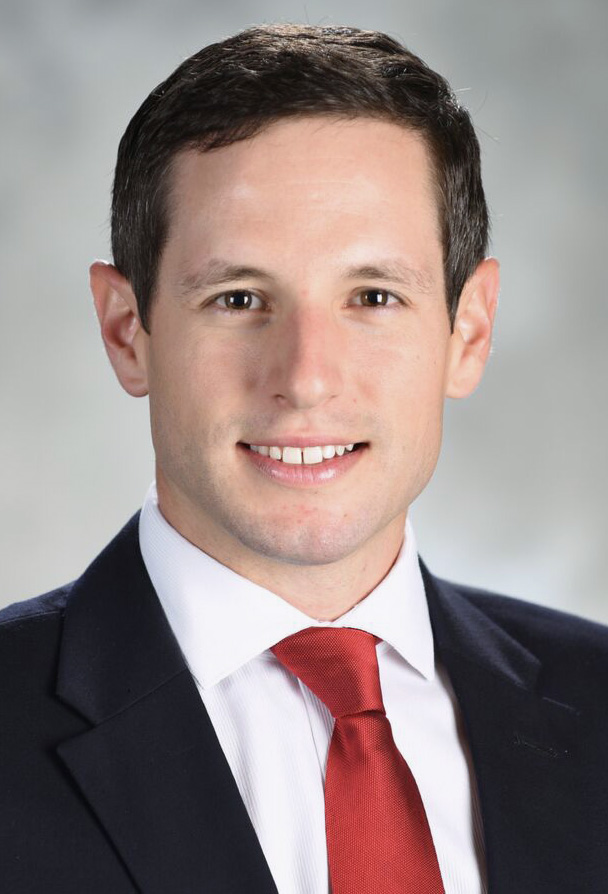 David Boyer
David Boyer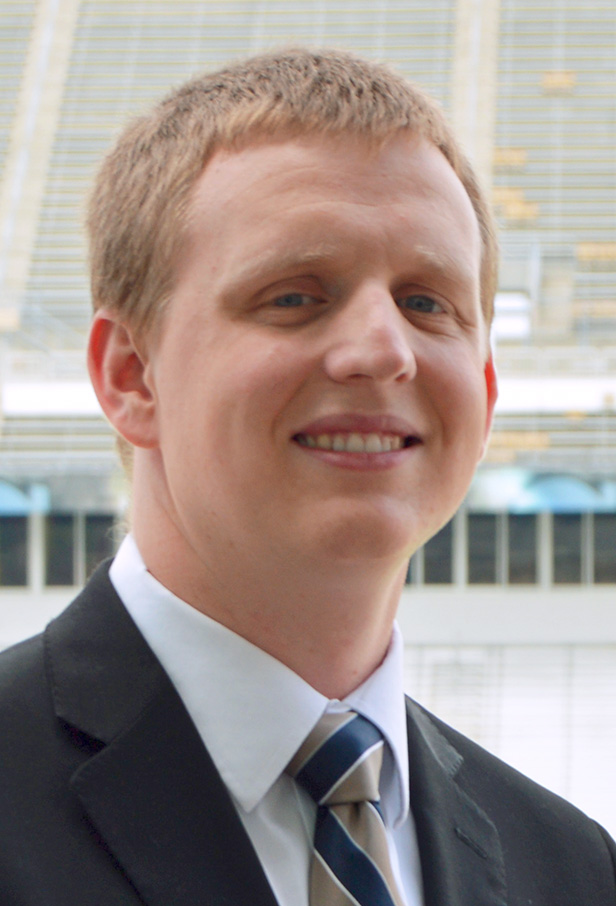 Calvin Clark
Calvin Clark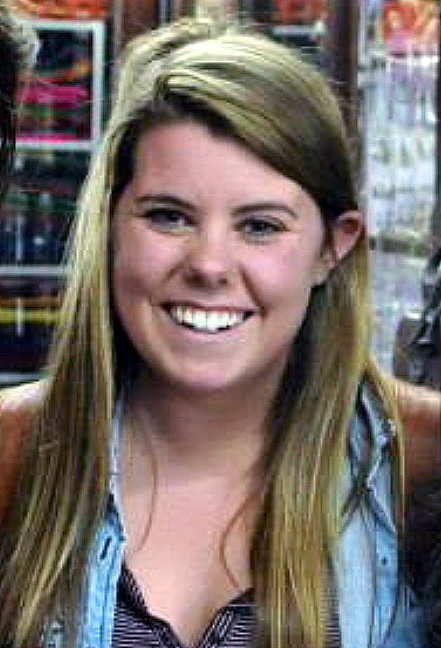 Chelsea Dyess
Chelsea Dyess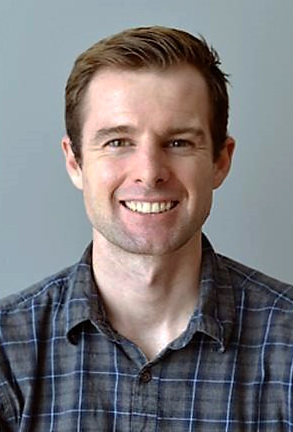 David Ederer
David Ederer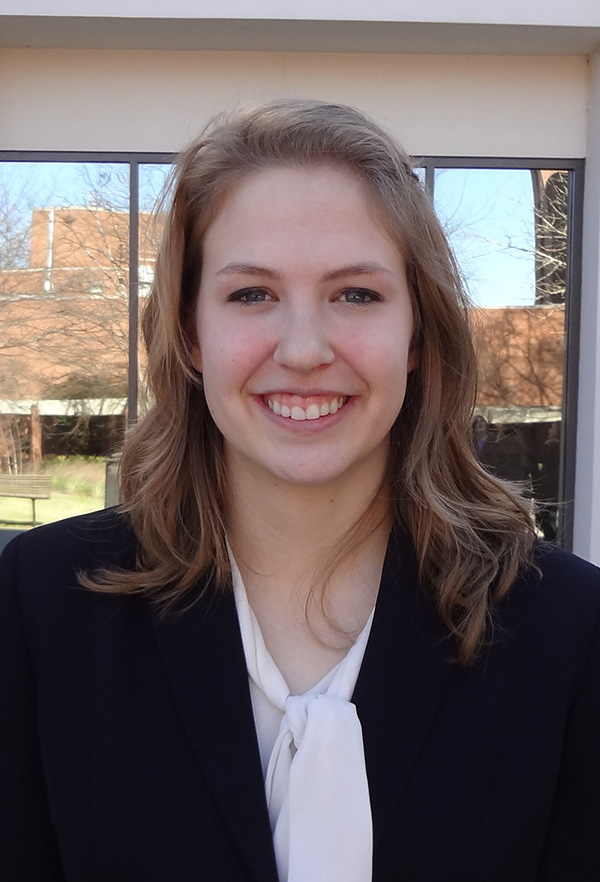 Lauren Gardner
Lauren Gardner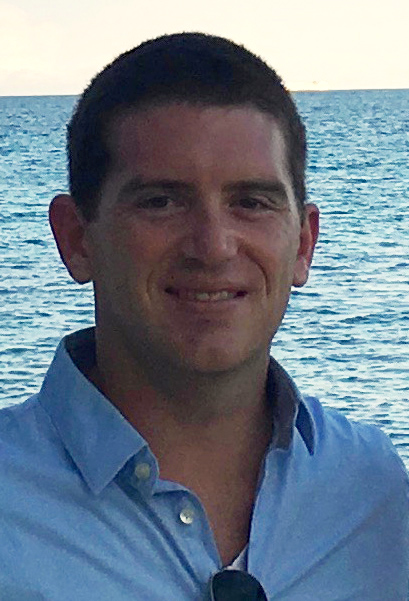 Daniel Walls
Daniel Walls